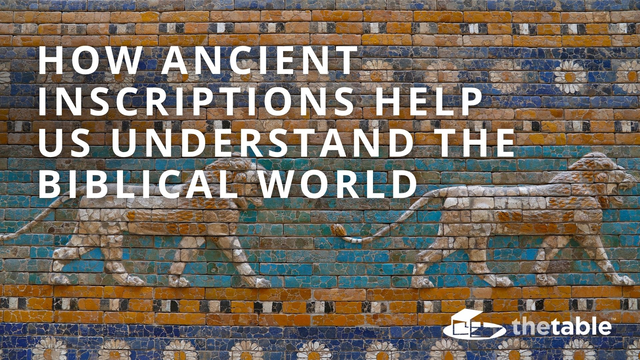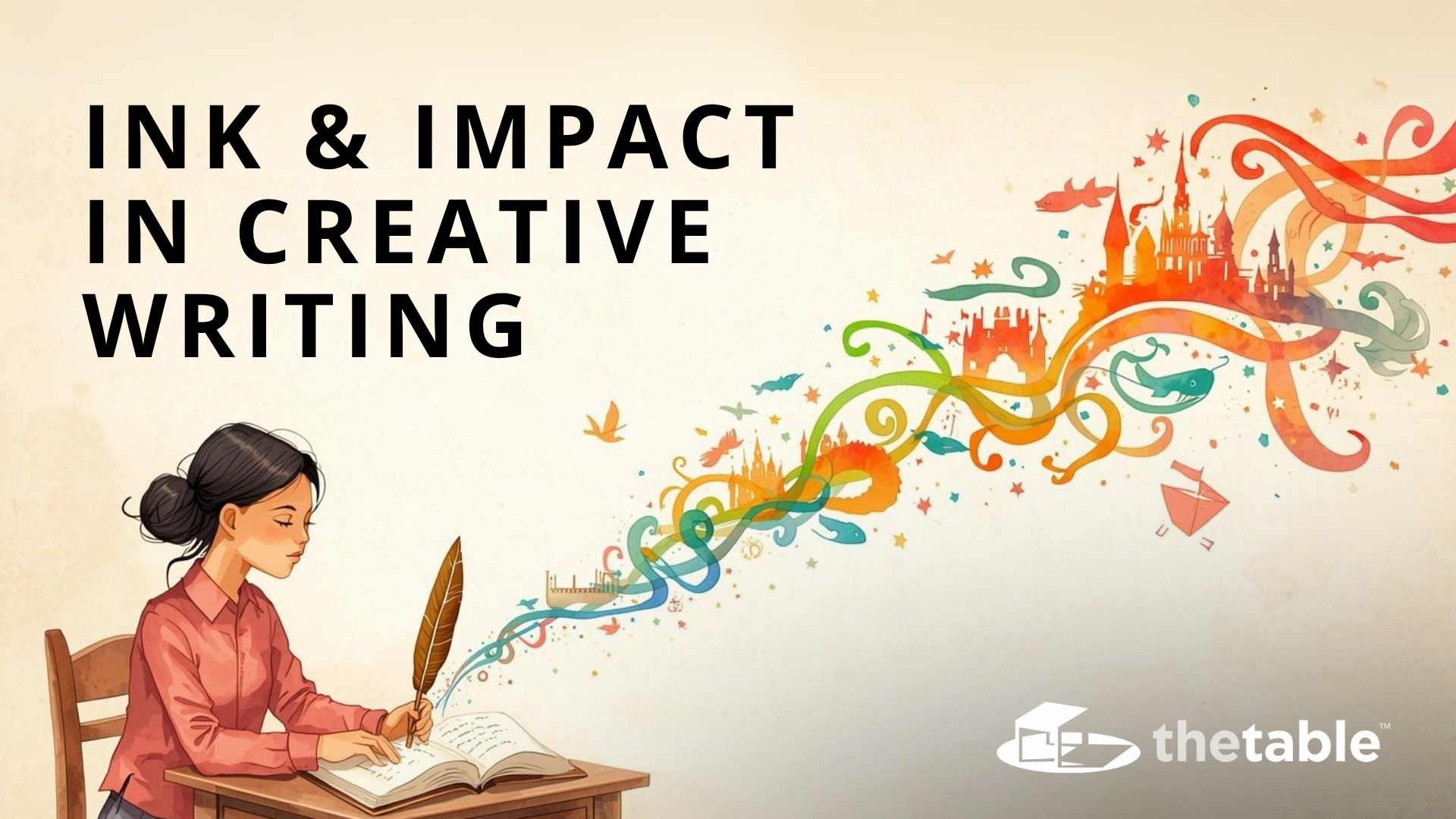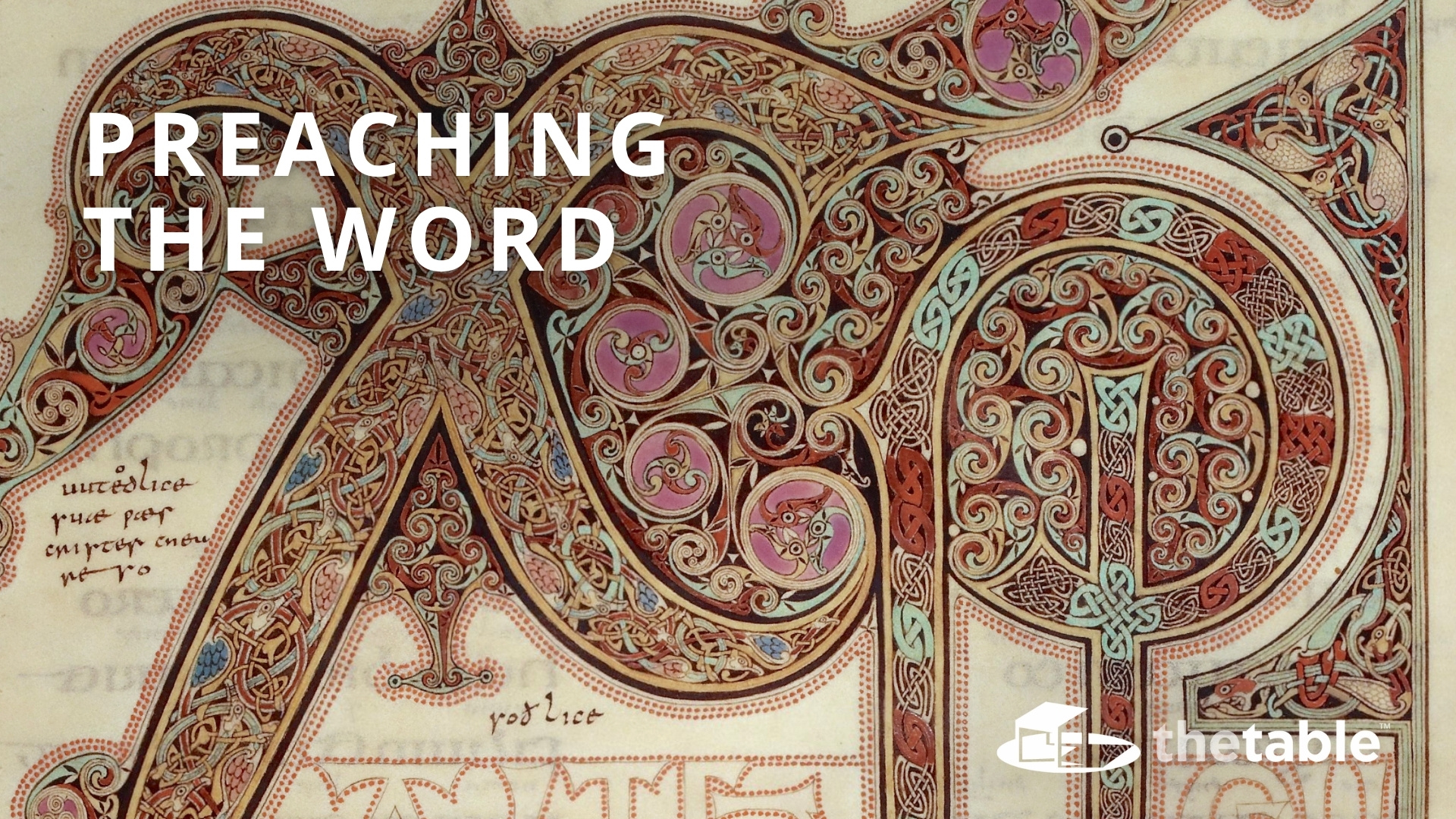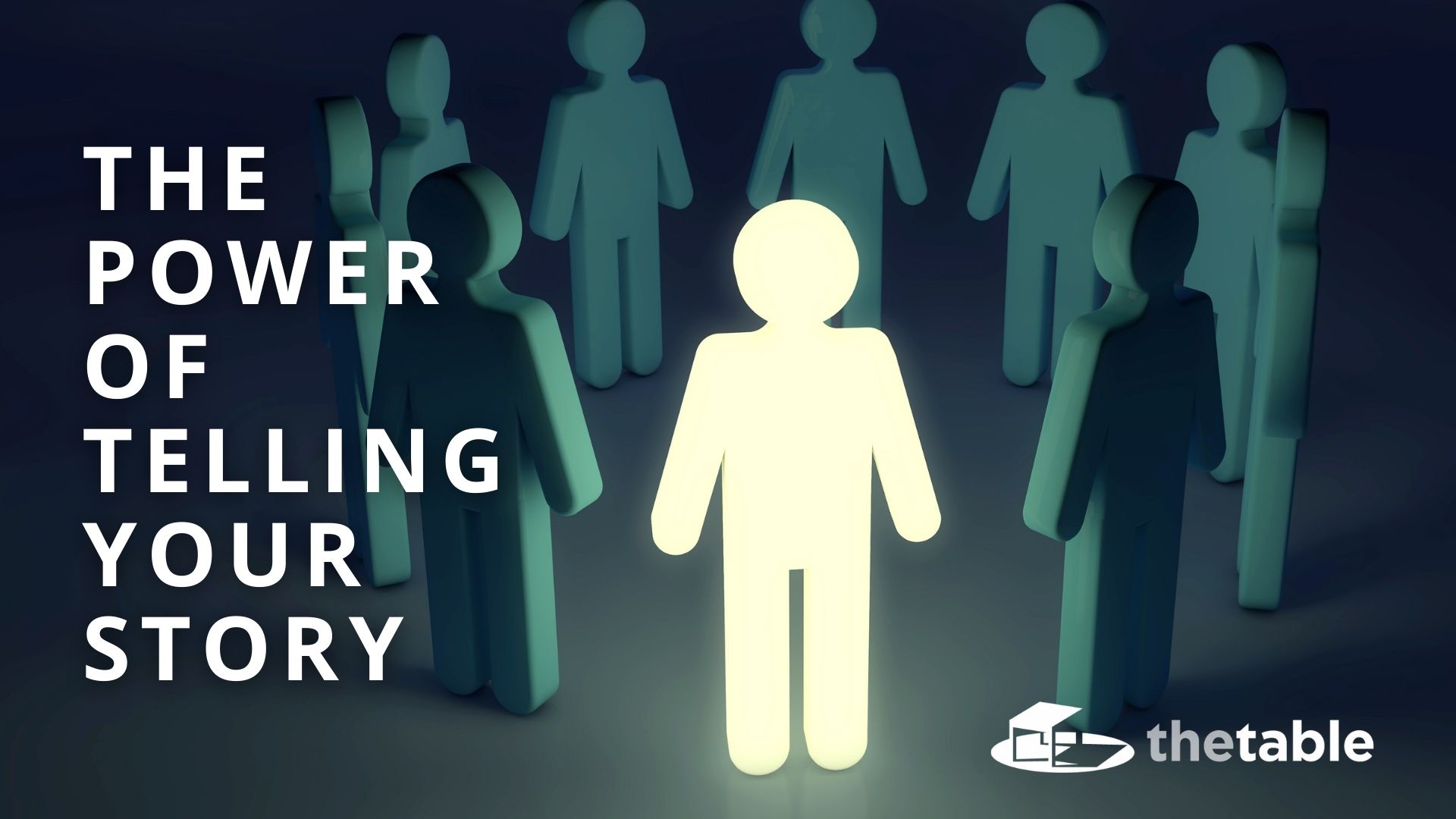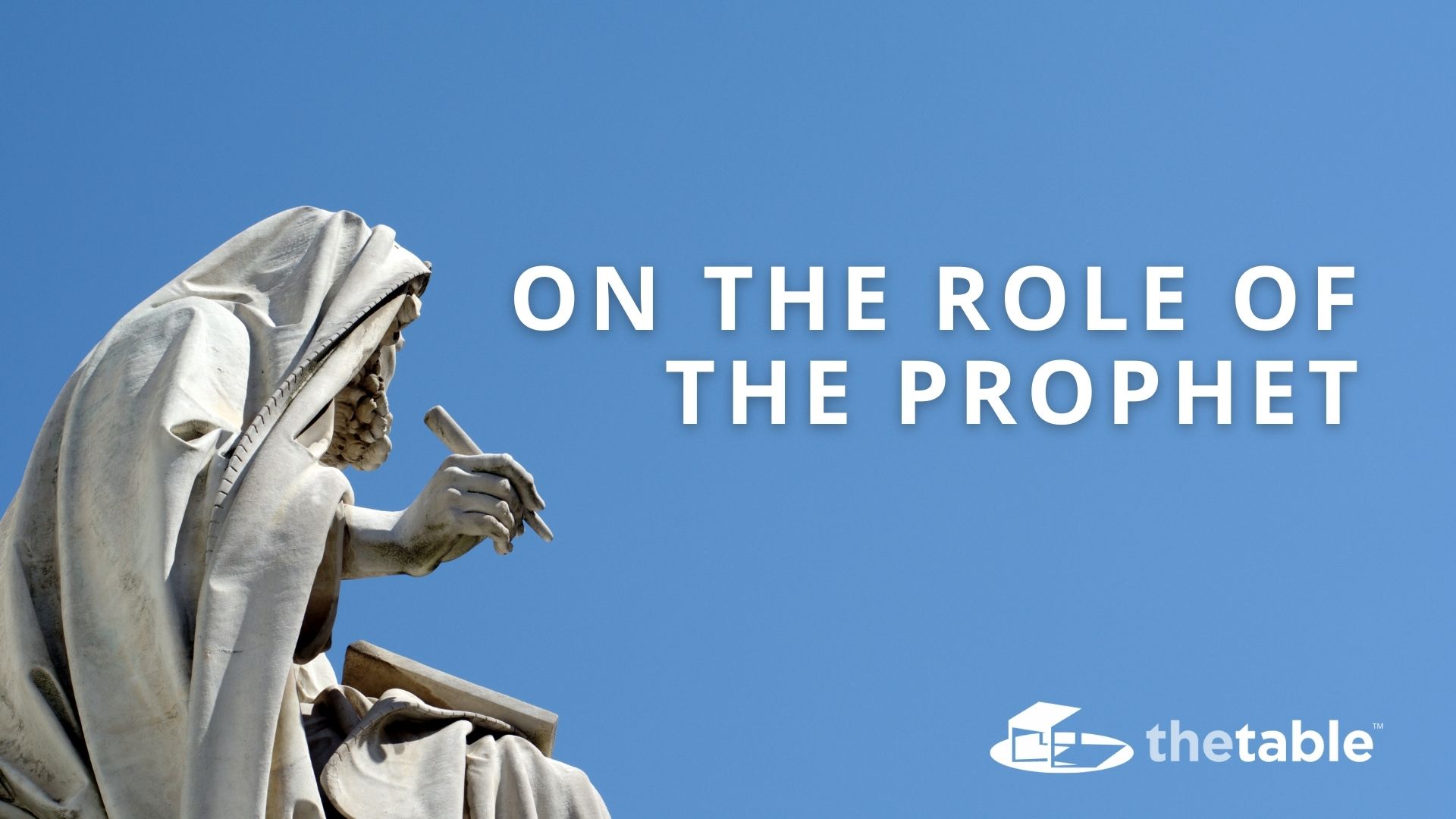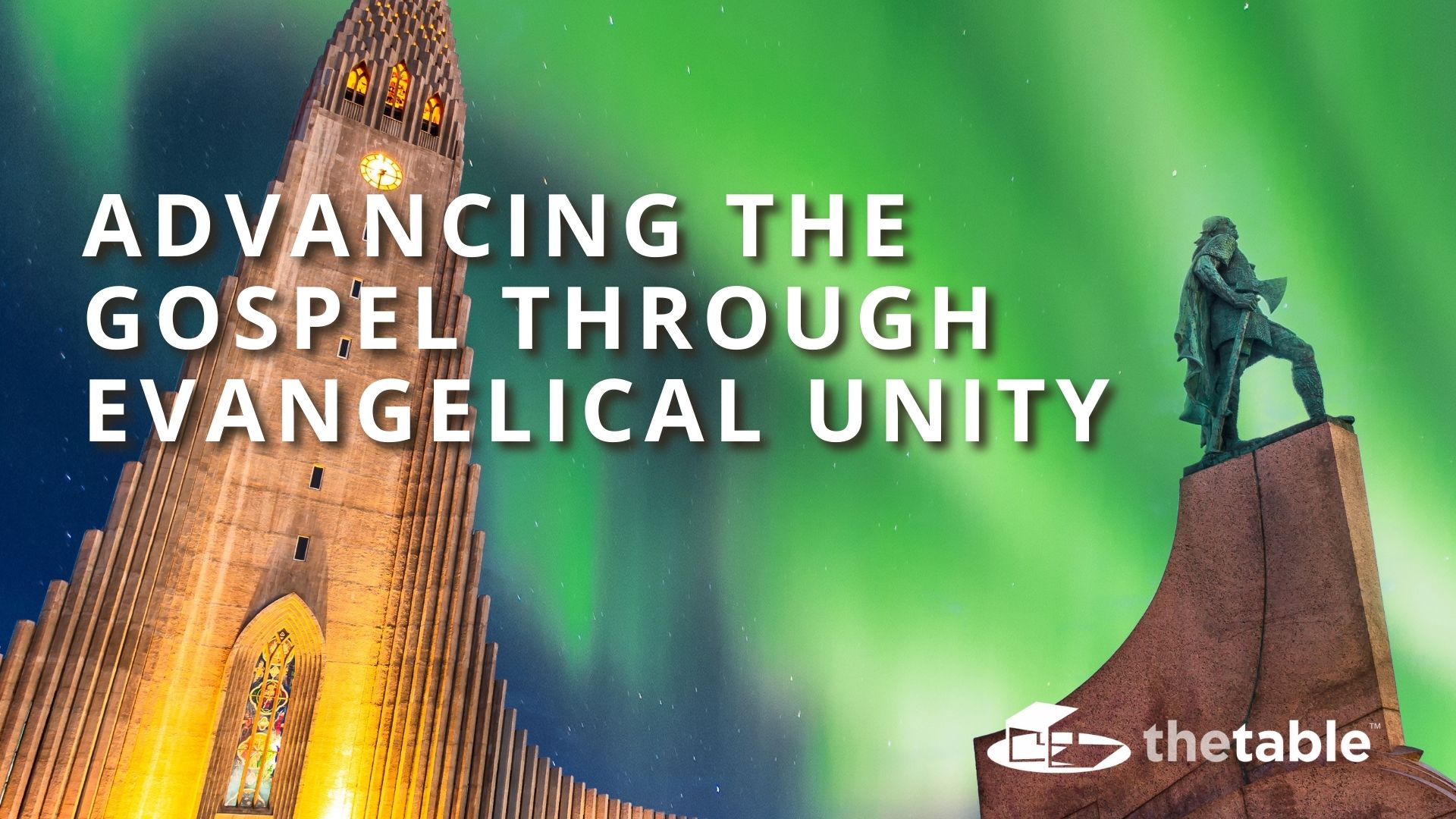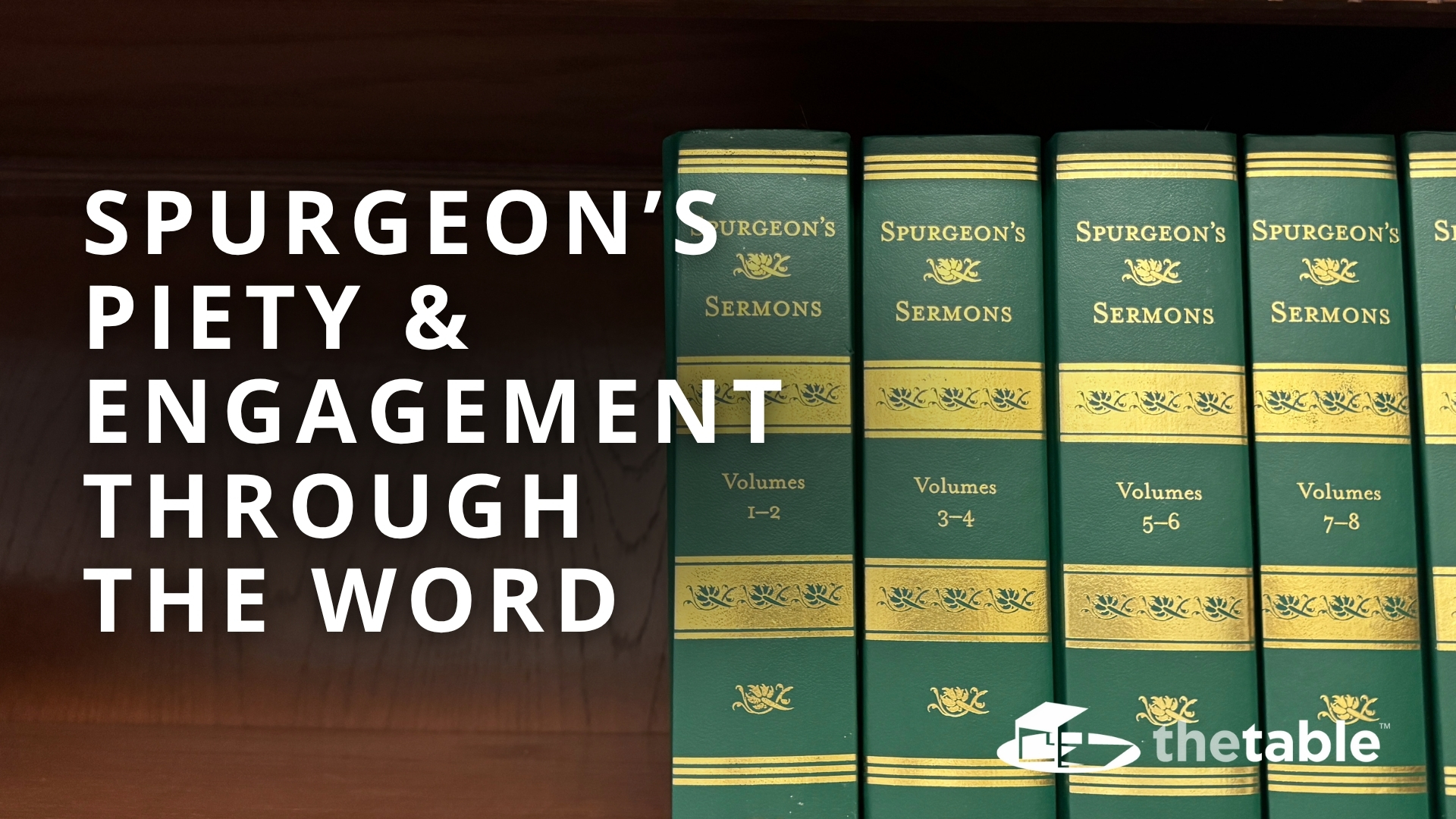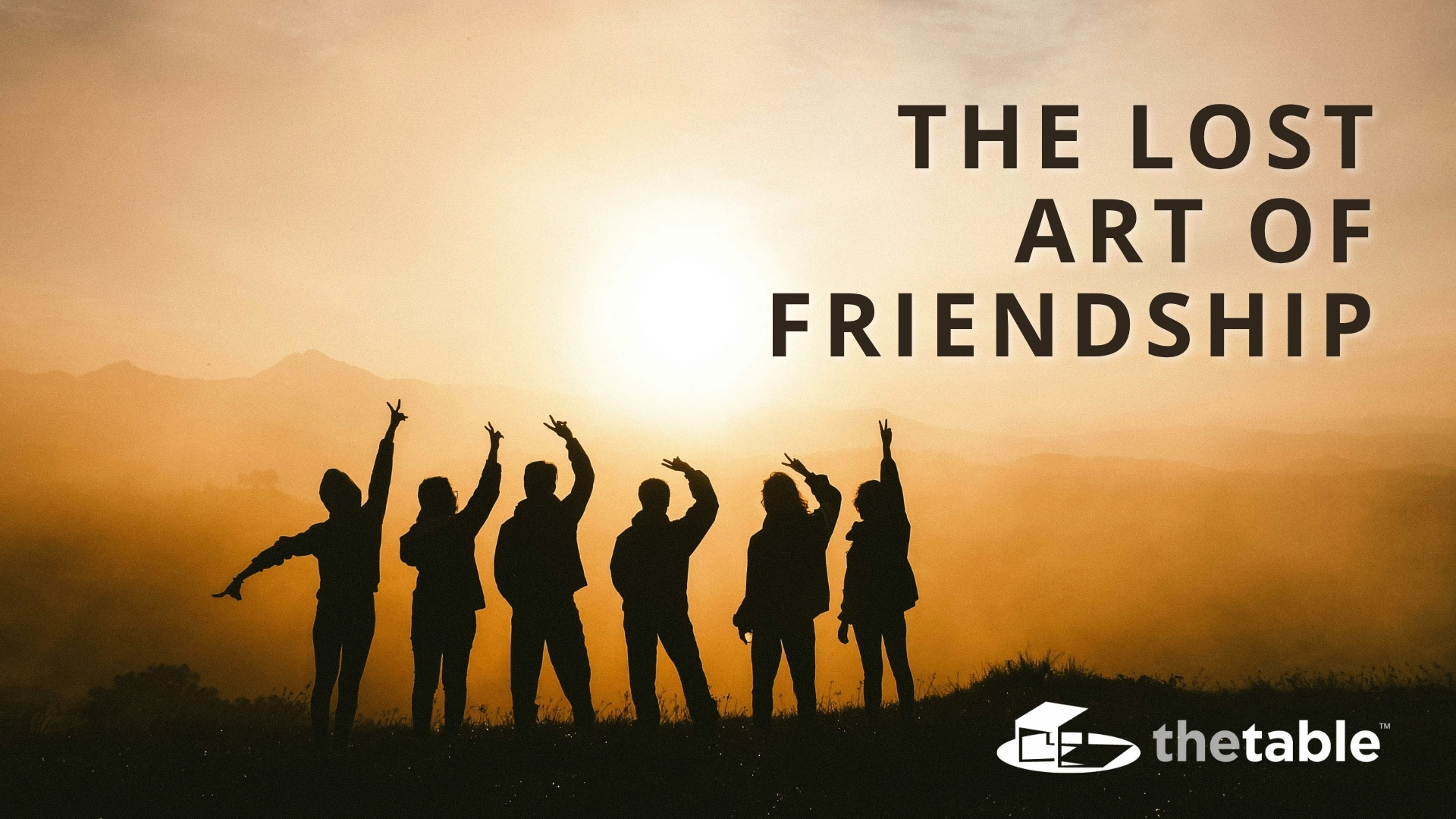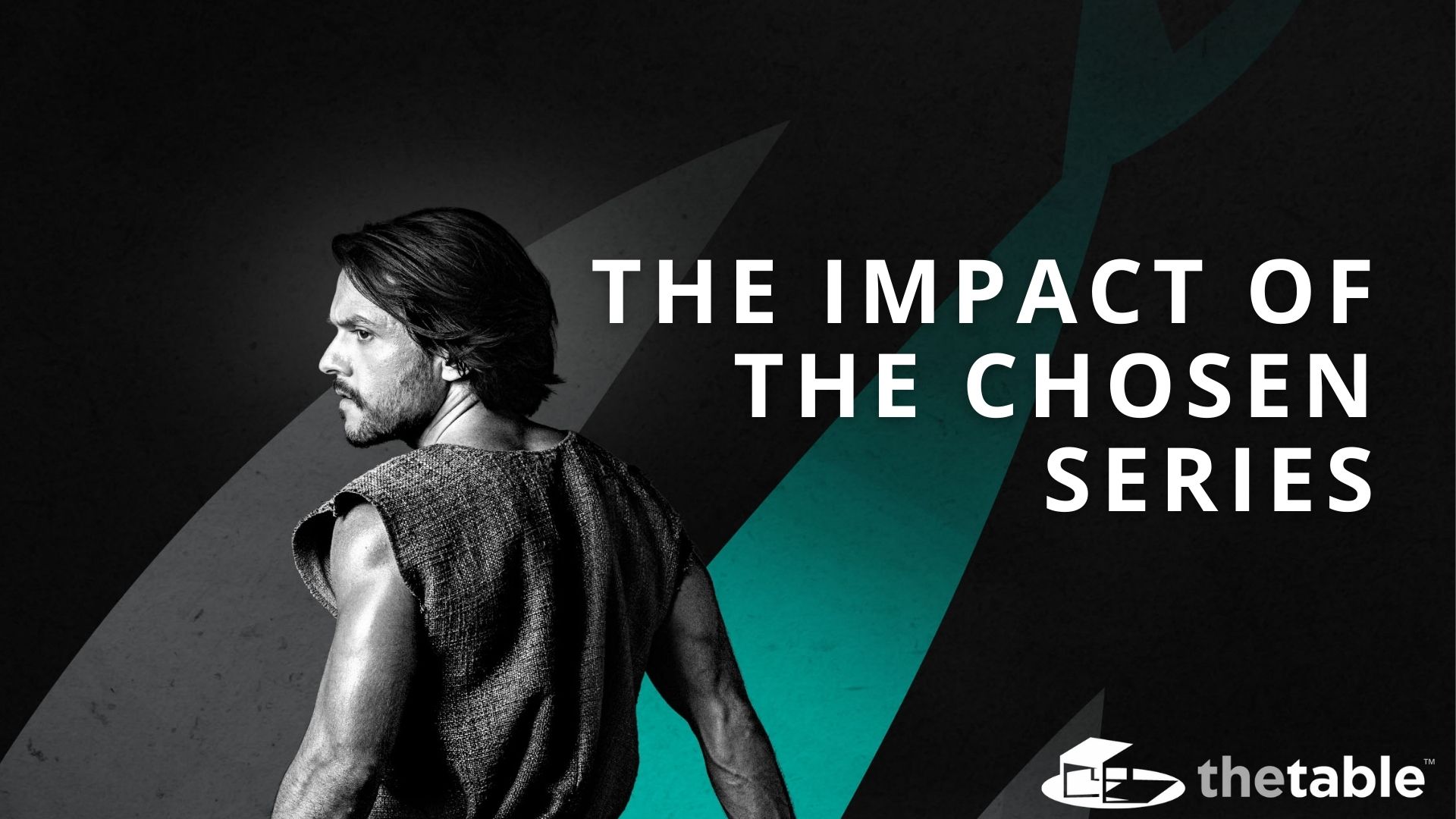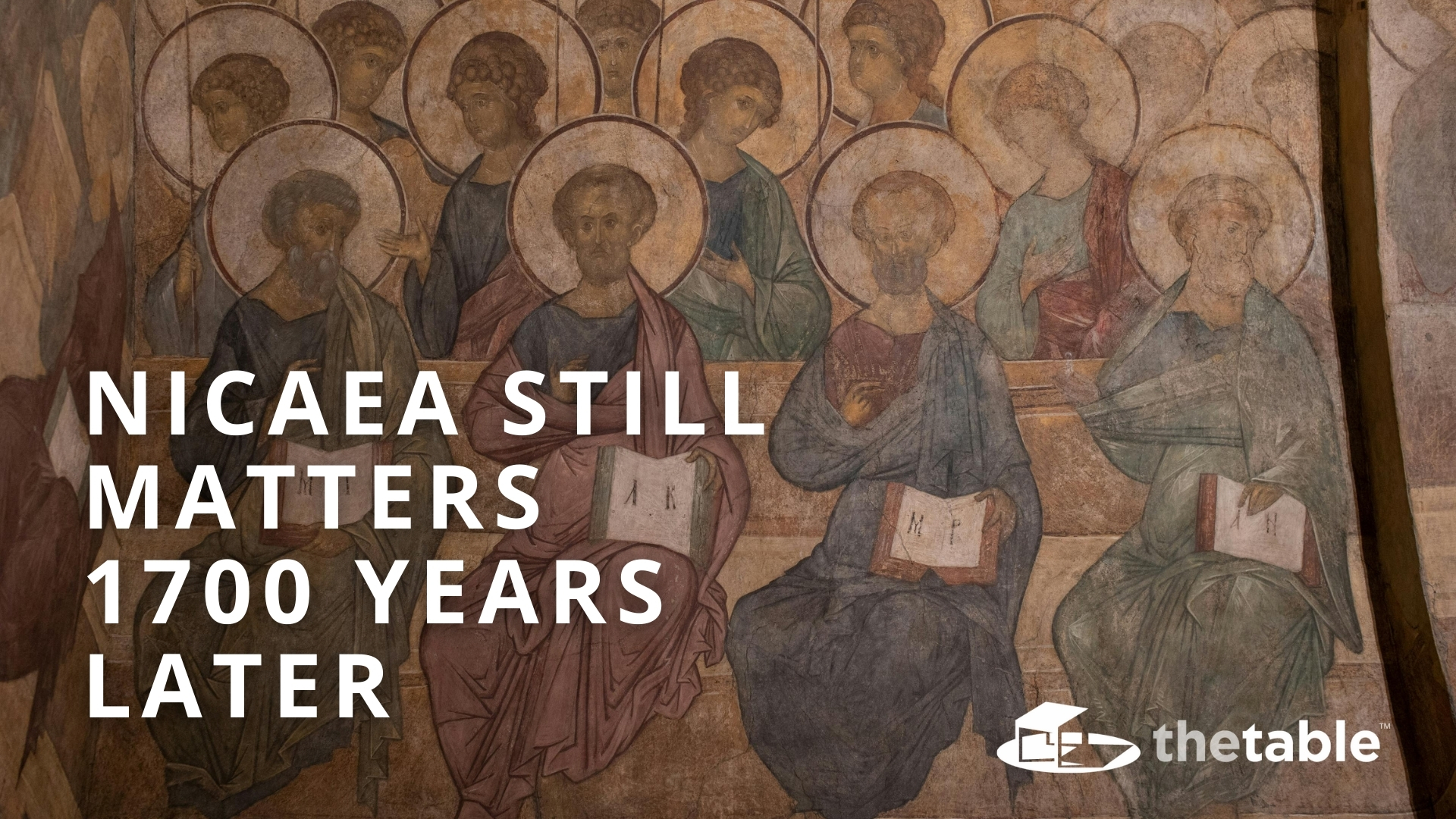Taylor Swift, the Gospel, and Being Human
Description
Kasey Olander:
Welcome to The Table podcast, where we discuss issues of God and culture to show the relevance of theology to everyday life. I'm Kasey Olander. I'm the web content specialist here at the Hendrick Center at Dallas Theological Seminary, and we thank you for joining us today. I don't know about you, but I'm feeling 22, because today, our topic of conversation is Taylor Swift. I mentioned that we discuss issues of God and culture, and so I think it's safe to say that Taylor Swift is a cultural phenomenon. Here to talk about that topic with us today are two esteemed guests. One of them is Todd Agnew. He's a professional musician and department chair of the Media Arts and Worship Department here at DTS. Todd, thanks for being here.
Todd Agnew:
No, thanks for having me.
Kasey Olander:
Yeah. We are also joined by Sarah Griffith, who is finishing her master's here at DTS, and she's going to go work on a daemon at Houston Christian Seminary. Thanks for being here, Sarah.
Sarah Griffith:
Thank you. I'm so excited.
Kasey Olander:
Yeah. I'm pumped about this because, like I said, I think that it's … I don't have to do very much introduction for who Taylor Swift is as a cultural phenomenon. She is a musician who has transcended many genres, but let me just read for you a couple of her records that she's broken. Trevin Wax summarized this well in his article for the Gospel Coalition. As of this recording, her most recent album, the Tortured Poets Department, is her 14th number one on Billboard, which is an achievement that is surpassed only by the Beatles. It's the seventh of her album to sell more than a million copies in a single week. She leads all female artists for the most top 5, 10, 20, and top 40 hits, as well as for overall chart appearances. And plus, she's the only artist in history to claim all of the Billboard top 10 spots at the same time, so kind of a big deal.
Her Eras Tour contributed more than $5 billion to the US economy. If those things are not impressive accomplishments, then I'm not sure what is. Just to start off our discussion, so that we know where we're coming from, let's put our cards on the table, pun intended. Do you like Taylor Swift? Where do you stand with her? What's your experience? Todd, we'll start with you.
Todd Agnew:
I am not as big a Taylor Swift fan as Sarah is.
Kasey Olander:
Well, is anyone?
Todd Agnew:
Yes.
Kasey Olander:
Okay. That's a good point.
Todd Agnew:
One of them lives in my house.
Kasey Olander:
Okay.
Todd Agnew:
I was informed last night that the wrong member of our family was chosen for this podcast. I think, as a musician, I've always respected Taylor as a songwriter. She's really, really gifted and has worked really hard as a songwriter. Everything else, I'm like, "She's good." The Eras Tour, I took my daughter to, and it's one of the most impressive concerts I've ever seen in my life. Just work ethic wise, it was crazy. I don't have my own Taylor Swift playlist or-
Kasey Olander:
Not yet.
Sarah Griffith:
I'll send you mine.
Todd Agnew:
My room is not decorated with any posters, so I'm not that level of fan.
Kasey Olander:
Fair enough. Sarah?
Sarah Griffith:
Well, if my outfit, which is what I wore to the Eras Tour concert doesn't say enough, yes, I am a fan. My daughter and I have been fans since she came out in, I think it was 2006, and have followed every album. I think, for me, she's important for a couple of different things. One, just personally, her ability to lament has been extremely helpful in my life. But also, as an advocate for women, I really find a great role model for people, especially women, of somebody who has come up against that glass ceiling and push through and I think has done it with a lot of grace. She's received the backlash, but it's just a great picture of advocating for women.
Kasey Olander:
Mm-hmm. Your outfit is bejeweled. I appreciate it.
Sarah Griffith:
Thank you. I appreciate it.
Kasey Olander:
Appropriate.
Sarah Griffith:
Yes.
Kasey Olander:
Oh, I should also mention that I, too, enjoy Taylor Swift. I am not as early an adopter as Sarah. I probably got on the bandwagon around 1989, the album, not the year.
Todd Agnew:
At her birth I became a fan.
Kasey Olander:
I've been following her. No, no. Taylor, if you're listening, that is not the case.
Sarah Griffith:
Taylor, if you're listening, please call me right now.
Kasey Olander:
I can't imagine that she wouldn't be listening, but yes, we would love to talk to you and not just about you. And so, if you're interested in chatting about what you believe spiritually or otherwise and about your music, The Table at DTS.edu would be great.
Sarah Griffith:
The phone lines are now open.
Kasey Olander:
Whenever you're ready, it's fine. Now that we've established the level of Swifties who are in the room currently, why do we think in general that she is such a cultural phenomenon? Sarah, you talked about yourself and your daughter. Todd, you also talked about your daughter. It's spanning different generations as well. There are not just Swifties in a particular demographic, she is wildly popular. Why do we feel like that is?
Sarah Griffith:
Well, I think it's several things. I think, one, women advocacy, like I said. I think, two, she is very committed to creating a community that's kind to one another. I think that, as much as people love to yell at each other on the internet, there seems to be this through line that kindness is the top essentially, unless you make the Swifties mad, that's a whole nother thing. But also, I think that, like I said, she has the ability to lament. I think, somewhere in the church, we've lost that deep sorrow, just lament. We've said to people, "Don't worry. God's going to redeem this," and that doesn't feel good when you're in that deep place.
I think that when we look at what has surrounded her and what is that serving the community that has surrounded her, I think it's the ability to feel your feelings and it's okay, and you keep going. But then also, this camaraderie she creates through being kind. I'm sorry, she is a marketing genius, with all of her Easter eggs, it gets just everybody going. And then, I think Todd said this too, her work ethic. She is not taking it for granted. She's doing all these different things. Yeah, I think it just really, it strikes a nerve with people. You do not have that kind of following if you're not speaking to somebody's longing on the inside.
Kasey Olander:
Oh yeah. Longing is a good word. She articulates so much of that in her lyrics and in her music. A lot of times, the core of it is we just find her so relatable, even though she's speaking to her own life and circumstances a lot of times. Todd, what would you add to that?
Todd Agnew:
Yeah. I think everything Sarah said are reasons that she went from being somebody that liked her music that got to this level of fandom, and then, because of all those reasons went to Swiftie level. I think that's a great explanation. I was talking to my daughter about it last night doing some research.
Kasey Olander:
Your work ethic too is admirable.
Todd Agnew:
She started with surface reasons. "Well, I think people are interested in her dating life, because that's things people care about. These guys and her response to that." I was like, "Yeah, but what's the real? That's what you think about everybody, but why do you like her?" We just kept digging and we got closer and closer and closer to it until she finally just stopped and went, "I think it's because the things I feel she's put into words." And I was like, "Yeah."
Sarah Griffith:
That'll do it.
Todd Agnew:
Yeah, that's what I thought. I wasn't going to make you say that, because I wasn't sure. That's what I felt that Taylor was doing with this, at least that generation. I don't want to take this too far, but it almost reminds me of Bob Dylan. Dylan was talking about what the people right then were thinking about. The fact that he's talking about politics and war and all these things, that's what everybody was worried about and he was saying those things out loud. We're in the 2020s in the middle of a mental health crisis and all these things, and Taylor is going, "This is how I feel about life." And I think a lot of people are going, "Oh yeah. That. That's what I've been doing."
Sarah Griffith:
Somebody else feels it, yes.
Todd Agnew:
I think that has made a lot of people go, "Yes, yes. I'm with you. You are taking my journey." Even though they know that they weren't breaking up with Jake Gyllenhaal, but still, somehow you felt something that I have not been able to put into words, and I think that's been really powerful.
Kasey Olander:
Yeah, and that's the paradox of good storytelling or creating art as in being so concrete and specific with her experiences, it makes it that much more universal. Like you said, we have an outdated Jake Gyllenhaal, but we've all had feelings of lament, of sorrow, of rejection and fear and all of those things that, especially because a lot of times they're not talked about, they live underneath the surface, and so finally, for her to be so public in thes


